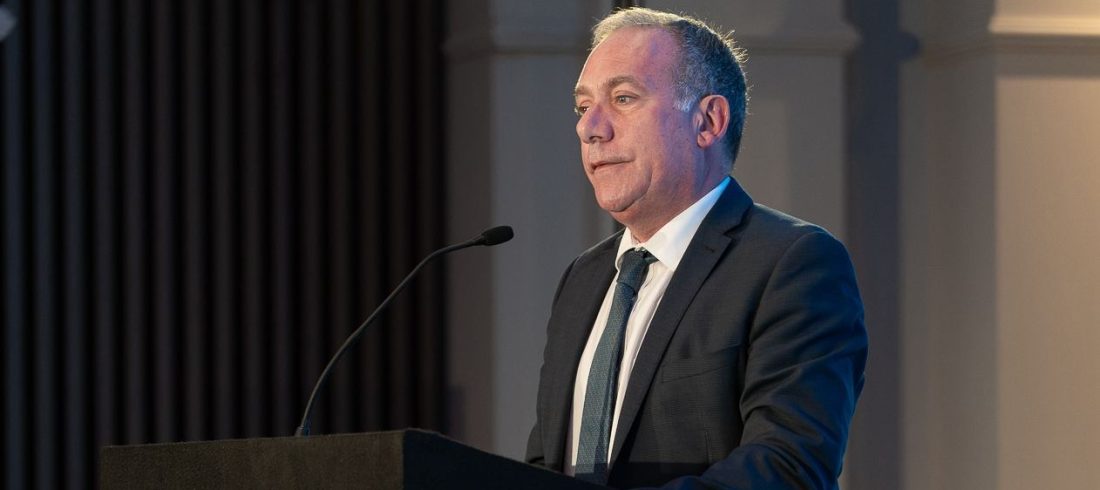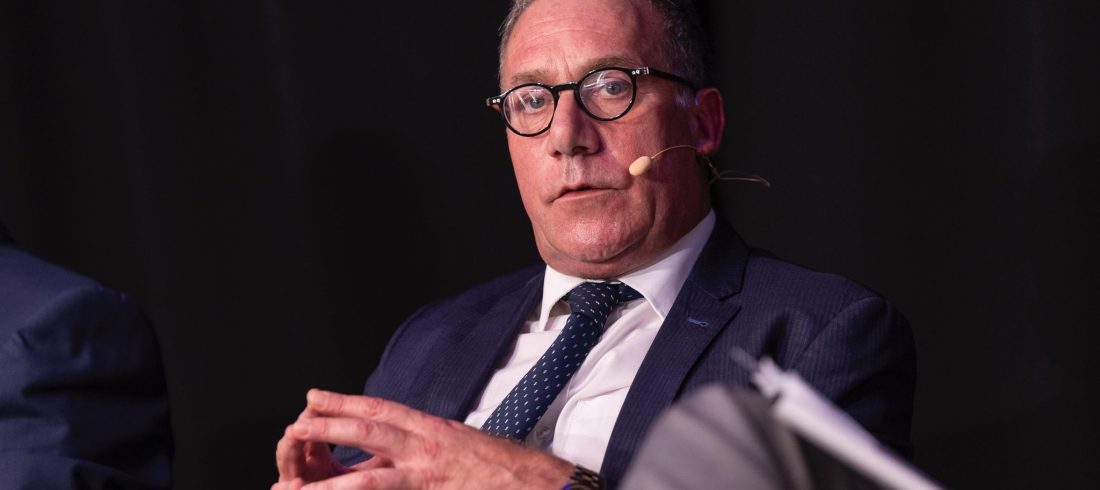
A person who claims to be the victim of a crime has a right to appoint a lawyer to assist him or her in the criminal proceedings instituted in respect of that crime. This right was introduced by Act III of 2002 and the latitude given to a lawyer so appointed is very wide.
In fact, a lawyer who is appointed to assist victims of a crime may examine and cross-examine witnesses, may present all evidence which is deemed relevant and is also allowed to make submissions in support of the charge and on the punishment which should be imposed upon an accused if found guilty of the offence. Basically, a lawyer so engaged has the same standing as the prosecuting officer.
Indeed, my experience with this provision of the law is that the lawyer appearing for the victim and the prosecuting officers can indeed work hand in hand in the best interests of the victim. My personal experience is that this system works and can truly be beneficial to the victims of crime.
However, there is a problem and what I consider to be a flaw. This is because this right above-explained applies only in respect of crimes which are tried in front of the Magistrates Court.
Up to a few years ago a Magistrate’s Court could deal with all those offences which are punishable with not more than 10 years imprisonment. Recently this has been extended to 12 years imprisonment. Now, there are various offences which are punishable with more than 12 years imprisonment and which, therefore, are not heard and decided by the Court of Magistrates. These crimes include voluntary homicide, grievous bodily harm followed by death, aggravated rape and aggravated defilement of minors. It is clear that in all these crimes there is a personal element and an identifiable alleged victim as opposed to say the crime of money laundering which is also punishable with more than 12 years imprisonment.
Those crimes which are not triable by the Magistrate’s Court go to be tried by a Judge who presides in the Criminal Court together with a panel of nine jurors. There are some instances when the accused can get to have his case decided by a Judge alone. However, the scope of this article is not to go into these technical issues nor to serve as a paper for law students. My aim here is for the reader to understand the position of victims in those cases which are decided by the Criminal Court.
In fact, here the position of a victim in so far as legal representation is concerned is completely different to that prevailing in respect of those crimes which are decided by the Court of Magistrates. In the Criminal Court, the prosecution is handled exclusively by the Attorney General. It is he who summons witnesses, cross-examines, presents evidence and makes submissions. Although the victim of a crime can engage a lawyer of his own choice, throughout the course of the trial that lawyer has no voice, no locus standi. He simply is allowed to sit in the Court room in an area close to the Attorney General and follow the proceedings – something anybody can do unless proceedings are held behind closed doors.
It is only if the jurors return a verdict of guilt that the lawyer engaged by the victim can finally be heard and this to make submissions on punishment. The legal reason behind this is that the prosecution is conducted by the State and it is the Attorney General who prosecutes on behalf of the State and in actual fact in trials by jury is representing the State. The rationale to this is that criminal law exists to sanction illegal acts committed by individuals which have harmed the State and in respect of which the State feels it needs to intervene. This rationale is prevalent even in various foreign jurisdictions and is not an approach which is applied only in Malta.
However, experience has taught me that in trials by jury the victims feel that they are not adequately represented. Why? Primarily it is difficult to explain to a victim of a crime that he can engage a lawyer who can actively participate in the prosecution of a case in respect of crimes punishable with less than 12 year imprisonment but who cannot do so in respect of those punishable with more than 12 years imprisonment.
Secondly, by explaining to victims that the Attorney General prosecutes on behalf of the State, the question invariably arises – but who is representing me? The answer that it is the Attorney General since you too are a member of the State does not go down too well.
Thirdly, as a rule the lawyers within the Attorney General’s office do not meet up with the victims. Whilst various meetings are invariably held between the lawyer appointed by the victim and the Attorney General, the fact that the victims never get to meet up with the prosecutor in what they consider their trial makes them feel lost. I personally feel that a lawyer can never grasp the feeling of a case unless he engages with his client on a one-to-one basis. One needs to understand a case not just by reading the testimonies but by looking at your client in the eye whilst explaining it to you, by assessing his reactions and by pondering on the answers he gives you to the questions you feel require an explanation.
Besides, trials take up a considerable amount of time. On average, they last a good week and a half with sittings held from the morning right through the late afternoon. Engaging a lawyer for such a task obviously comes at a cost. When one considers the limited role a lawyer appointed for the victim has during the trial victims necessarily doubt, and rightly so, the need to appoint their own lawyer.
Whilst I have no doubt that lawyers employed by the office of the Attorney General do their utmost in these cases and really give it their all, I believe the time has come to start considering granting to victims of crime the right of a more comprehensive and inclusive representation even in trials by jury. The system works well in front of the Magistrates Court and therefore I see no reason why it will not have the same positive outcome in trials by jury.
Dr Joseph Giglio is a Senior Partner at Lexpractis.
Article was published on Times of Malta edition of the Firday 4th October 2019
https://timesofmalta.com/articles/view/a-voice-for-victims-of-crime-in-trials-by-jury-joseph-giglio.739639


